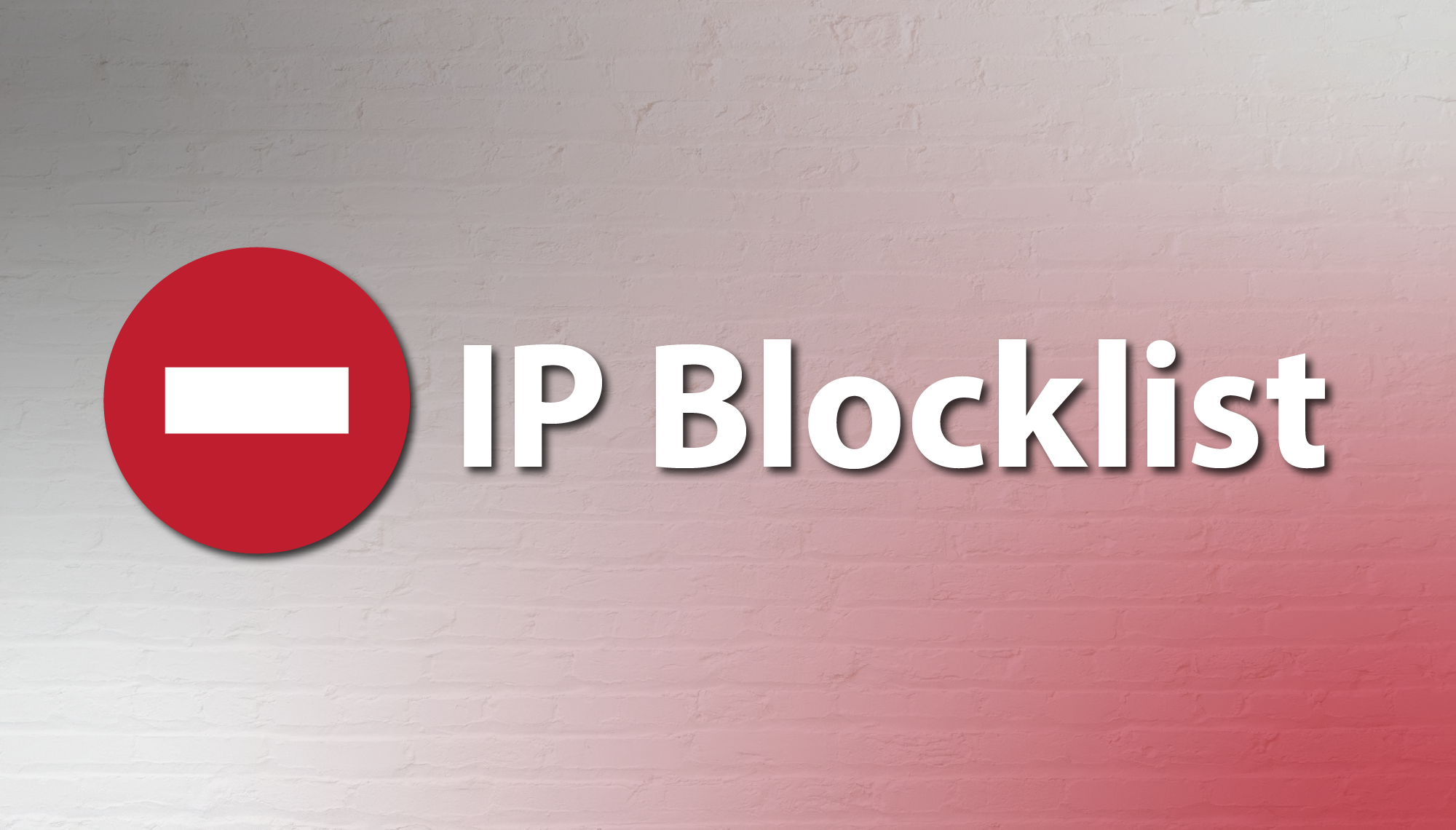
Help! My Newly Allocated IPv4 Block is on a Blocklist
Last week, we fulfilled 73 requests off the ARIN IPv4 Waiting list. The feedback about ARIN’s IPv4 Waiting List has been remarkably positive, as many users still require small blocks of address space from ARIN for their networks. However, we’ve received a few reports from individuals who have experienced some routing issues with their newly allocated IP addresses. Let’s take a look at why this may be the case and what can be done to remedy the issue.
ARIN’s IPv4 Waiting List Availability Process
Each quarter, ARIN identifies IPv4 address block candidates for reissuance – this involves our IPv4 Waiting List Availability Process. ARIN follows this review process before the issuance of an IPv4 block that has been disassociated from organizations in the registry, confirming that an organization no longer has rights to a particular address block. IPv4 address blocks that are subject to this review include those that have either been revoked (typically for non-payment of fees) and those returned to ARIN by the registrant. Each block is evaluated by a team composed of legal, executive, financial, and registration services members to ensure it meets our internal requirements, which include:
- Confirmation the block is not publicly routed
- Confirmation that no open requests exist to reinstate the rights to the address block
- For revocations, verification that all required communications have been sent and that the unpaid fees are well-beyond past due and reinstatement request window (presently we are using one year past due for this threshold)
- For returns, confirmation from a corporate officer or agent of the organization that the intent to return the rights to the address block as well as verification the return was completed more than six months ago
Once all candidate blocks are reviewed and ARIN has confirmed that an organization has no rights to the address block, ARIN then distributes the newly available IPv4 address space in sizes anywhere from a /22 to a /24 to qualified organizations on our IPv4 Waiting List. Unfortunately, it is not uncommon that some of the address space returned to ARIN remains on external, individually managed IP blocklists based on activity by the previous registrants. This can cause problems with routing, geolocation, and email delivery for the new registrant.
What Are IP Blocklists?
IP blocklists are run by a variety of non-profit and for-profit entities alike. They compile lists of IP addresses with poor reputations that are suspected of having sent substantial amounts of spam emails, viruses, or malware. Many service providers use IP blocklists as an easy shortcut to make decisions about which IP addresses to route (or not route) and/or whether to accept (or not accept) email from these blocks. When blocklists are not purged of old data when a block is reissued, it can affect the usability of address space for the new registrant.
What Can Be Done?
It’s possible for the new registrant to contact those using block lists and ask that they remove the stale data, but the process of reaching out to each major provider can be tedious. To assist new registrants, we’ve compiled and published a list of all the blocks issued from the ARIN IPv4 Waiting List over the past two years to the IPv4 Addresses Cleared for Waiting List. Updates to this list will be published each quarter with the resources returned to ARIN and subsequently reissued via the Wait List policy.
We recommend that all organizations providing blocklists of IP address ranges regularly review this list to determine which address space ought to be removed from commonly used blocklists. If you’re experiencing usability issues with a newly issued IP address block, we encourage you to reach out to your service provider to ensure any blocklist provider they may be using are aware of this data, so they can use it to remove potentially stale data.
Recent blogs categorized under: IPv4
GET THE LATEST!
Sign up to receive the latest news about ARIN and the most pressing issues facing the Internet community.
SIGN ME UP →Blog Categories
Public Policy • IPv6 • IPv4 • Updates • Fellowship Program • Security • Grant Program • Caribbean • Outreach • ARIN Bits • RPKI • Internet Governance • Tips • IRR • Elections • Training • Guest Post • Data Accuracy • Business Case for IPv6 • Customer Feedback



